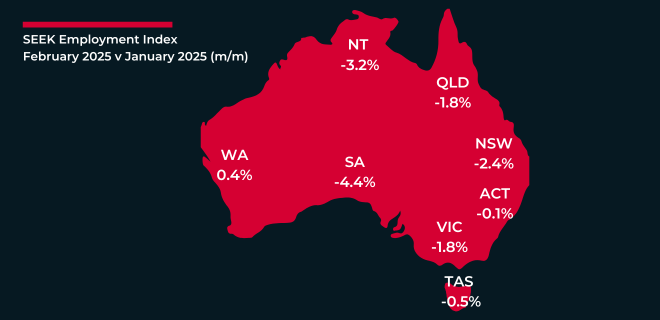7 key considerations for the Family and Domestic Violence Leave entitlement changes

Family and Domestic Violence Leave entitlement changes
On October 27th 2022, the Senate passed the Federal Government’s Paid Family and Domestic Violence Leave Bill, which inserts an entitlement into the National Employment Standards from 5 days of unpaid leave to 10 days’ paid leave for full-time, part-time and casual workers, which can be accessed upfront.
Background
The previous Government legislated a 5-day unpaid family and domestic violence (FDV) leave NES entitlement in 2018. Unions have been campaigning for a paid FDV leave entitlement for more than a decade. The Fair Work Commission (FWC) made a provisional decision on 16 May 2022 to create a paid FDV leave entitlement in the modern award system. The paid FDV leave entitlement proposed by this Bill is stronger and applies more broadly.
When do the changes take place?
The new workplace entitlement will commence on the 1st February 2023 for most full-time, part-time and casual employees. To recognise the unique needs of small businesses, an additional transition period of six months will be provided meaning the start date for those employees will be 1 August, 2023.
When can an employee take leave?
Employees can take leave if the employee is experiencing family and domestic violence and they need to do something to deal with its impact and it is impractical for them to do so outside of their work hours.
7 key considerations for employers
Whether you are an SME business, not-for-profit organisation or a large company, your organisation will be impacted by these changes.
Here’s 7 key considerations for employers in preparation for the changes:
1. Draft or update policies and procedures
2. Review existing Enterprise Agreement FDV provisions
3. Review related wellbeing policies and employee assistance
4. Educate and train frontline managers on legislative changes and domestic violence from a broader social perspective.
5. Communicate changes with employees in advance and when they occur.
6. Consider how the changes impact reporting requirements under the Workplace Gender Equality Act 2012 and other reporting regimes.
7. Use the updated Fair Work Information Statement for new employees once it becomes available.
Need HR Services assistance?
Whether you are an SME business, not-for-profit organisation, government agency or a major corporate business, Horner can assist you.
If you need advice about the changes or assistance creating or updating your policies and procedures, contact the Horner HR Services team today or call 03 9604 2800 or email horner@horner.com.au.

 Job Seekers
Job Seekers Resources
Resources Timesheets
Timesheets Submit a CV
Submit a CV Login
Login Temporary Staffing Solutions
Temporary Staffing Solutions Permanent Recruitment Solutions
Permanent Recruitment Solutions Executive Search
Executive Search Payroll Services
Payroll Services Employer Resources
Employer Resources HR Services
HR Services WHS Consulting
WHS Consulting Outplacement / Career Transition
Outplacement / Career Transition Accounting and Finance
Accounting and Finance Business Support
Business Support Community Services
Community Services Customer Service
Customer Service Engineering
Engineering Events and Exhibitions
Events and Exhibitions Government
Government Healthcare
Healthcare Labour Hire
Labour Hire Manufacturing
Manufacturing Not-for-profit
Not-for-profit Sales and Marketing
Sales and Marketing Warehousing and Logistics
Warehousing and Logistics About us
About us Meet the Team
Meet the Team Blog
Blog Community
Community Join the Team
Join the Team Candidate Timesheet
and Portal Information
Candidate Timesheet
and Portal Information Blog
Blog Join the Team
Join the Team Payroll Services
Payroll Services Timesheets
Timesheets Customer Service
Customer Service Engineering
Engineering Warehousing & Logistics
Warehousing & Logistics

